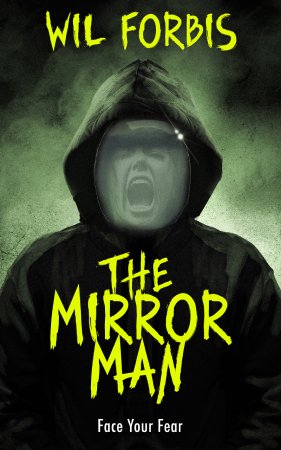
How did people digest movies like “Persona” before the Internet? Before the time when you could open up Google, type, “What the hell did I just watch?“ and get some answers.
I suppose they had to get together with other people, chain-smoke cigarettes, down espressos, and discuss the film. It doesn’t sound so bad, really.
It’s obvious that “Persona”—directed by Igmar Bergman—is meant to be inscrutable, so detailing the plot is almost pointless, but I’ll give a brief summary. After a stage actress goes mute, she retreats to a house on the Swedish coast where she is tended to by a female nurse. As time goes on, the two women seem to enter a kind of dreamlike state, perhaps merging into each other’s personalities. (Or, were they always a single woman the whole time?)
What exactly happens on the screen is never really clarified, and has been the subject of film critic debate for decades.
The film’s Wikipedia page reports on what I feel is one of the more interesting interpretations of the film:
—-
Persona‘s title reflects the Latin word for “mask” and Carl Jung‘s theory of persona, an external identity separate from the soul (“alma“).[41] Jung believed that people project public images to protect themselves, and can come to identify with their personae.
——
This would seem to tie in with Buddhist observations that bring about questions like, “if we observe ourselves thinking, that implies there is both someone doing the thinking and someone watching the thinking. Who, then, is the real you?”
In numerous places, I’ve seen the film described as horror. It’s a little too slow burn and confusing to truly earn that title, but at the same time what could be more horrifying than the disintegration of the psyche?
Also seen in the movie are “fear of motherhood“ themes similar to what were portrayed in “The Babadook” and “Abandoned.”
The black and white cinematography is gorgeous. Every shot could be a postcard.
I will say, after having seen the movie, I feel David Lynch is not as original as I presumed him to be. Bergman was clearly a major influence.
Do I recommend this? Yes, but don’t expect a clean resolution. You’ll be chewing on this one for years.


